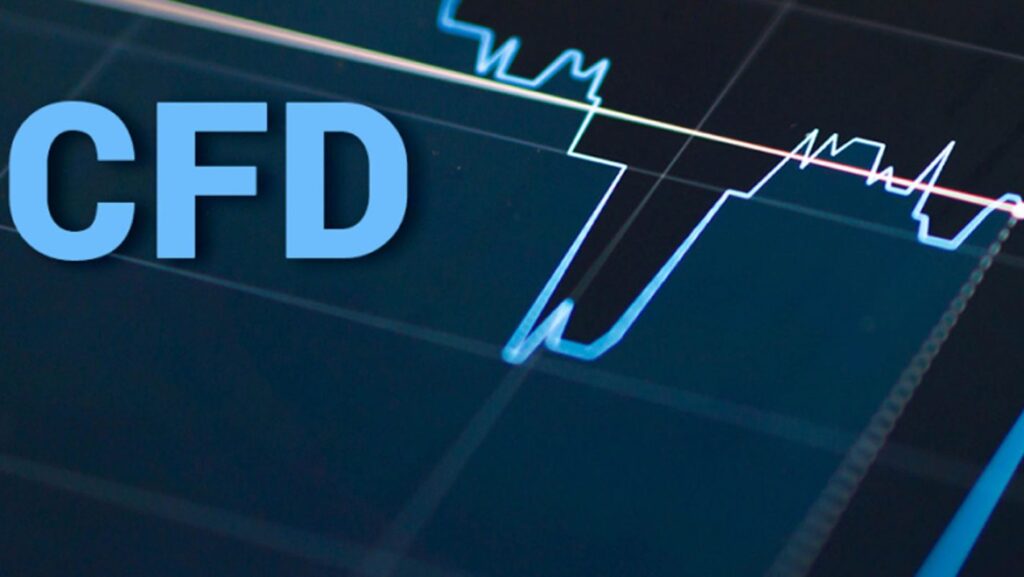When the economy is struggling or international conflicts such as the Russia-Ukraine War throw the markets for a loop, investors frequently turn to gold as a safe haven. With inflation on the rise and the stock market trading well below its all-time highs, some investors are looking for a safe asset with a proven track record of gains, and gold fits the bill.
Gold is popular among investors for a variety of reasons, and it possesses characteristics that make it a viable alternative to traditional securities such as stocks and bonds. They regard gold as a store of value, despite the fact that it is an asset that does not generate cash flow.
Bullion in gold
Buying gold in bars or coins is one of the more emotionally satisfying ways to own it. You’ll enjoy the satisfaction of looking at and touching it, but if you own more than a small portion of it, there are serious drawbacks. One of the most significant disadvantages is the requirement to safeguard and insure physical gold.
Buyers of physical gold rely entirely on the commodity’s price rising to make a profit. In contrast, owners of a business (such as a gold mining company) can produce more gold and thus more profit, driving the investment in that business higher.
You can buy gold bullion in a variety of ways, including from an online dealer like APMEX or JM Bullion, or from a local dealer or collector. A pawn shop may sell gold as well. Keep track of gold’s spot price – the price per ounce in the market right now – as you buy so you can get a good deal. You may want to trade in bars rather than coins because a coin’s collector value is likely to outweigh its gold content. (While not all of these are made of gold, here are nine of the world’s most valuable coins.)
Risks: The most serious risk is that someone will physically take your gold if you do not keep your holdings secure. If you need to sell your gold, the second-largest risk arises. It can be difficult to obtain the full market value for your holdings, especially if they are coins and you require funds quickly. As a result, you may have to settle for selling your holdings at a much lower price than they would otherwise command on a national market.
Gold futures contracts
Gold futures are an excellent way to speculate on the price of gold rising (or falling), and you can even take physical delivery of gold if you so desire, though physical delivery is not what motivates speculators.
The greatest advantage of using futures to invest in gold is the enormous amount of leverage available. In other words, you can own a large number of gold futures contracts for a relatively small amount of money. If gold futures move in your favor, you can make a lot of money very quickly.
However, the leverage for investors in futures contracts cuts both ways. If gold falls in value, you’ll be forced to put up large sums of money to keep the contract open (called margin), or the broker will close the position and you’ll lose money. So, while the futures market allows you to make a lot of money, it also allows you to lose it quickly.
In general, the futures market is for sophisticated investors, and you’ll need a broker who supports futures trading, which not all major brokers do.
ETFs that invest in gold
If you don’t want the hassle of owning physical gold or dealing with the fast pace and margin requirements of the futures market, an exchange-traded fund (ETF) that tracks the commodity is a great option. SPDR Gold Shares (GLD), iShares Gold Trust (IAU), and Aberdeen Standard Physical Gold Shares ETF are three of the largest ETFs (SGOL). The goal of these ETFs is to match gold’s price performance minus the ETF’s annual expense ratio. As of October 2022, the expense ratios on the funds mentioned above are only 0.4 percent, 0.25 percent, and 0.17 percent, respectively.
Another significant advantage of owning an ETF over bullion is that it is more easily exchangeable for cash at market value. Like selling a stock, you can trade the fund on any day the market is open for the current price. As a result, gold ETFs are more liquid than physical gold and can be traded from the comfort of your own home.Risks: Because ETFs give you exposure to the price of gold, whether it rises or falls, the fund should perform similarly, minus the fund’s own costs. Gold, like stocks, can be volatile at times. However, these ETFs allow you to avoid the two most significant risks of owning physical gold: protecting your gold and obtaining full value for your holdings.

